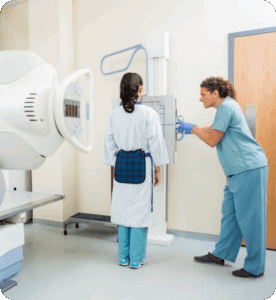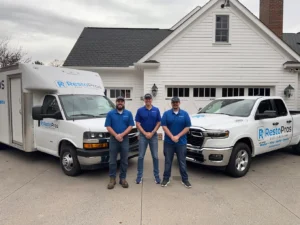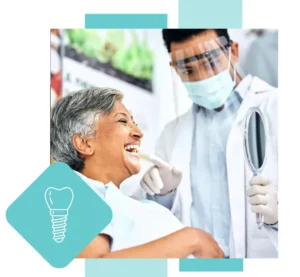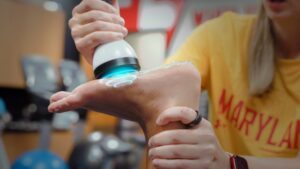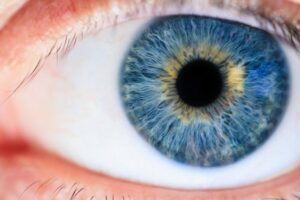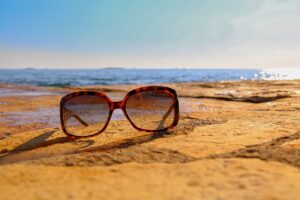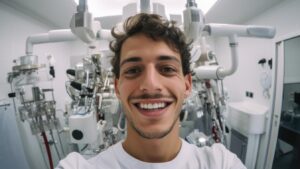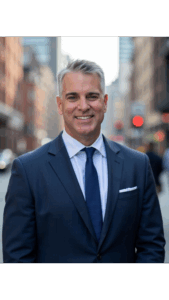Miami, Florida / Syndication Cloud / September 16, 2025 / Trybello LLC

With new research by the National Council on Aging affirming the fact that hair loss is not only a problem that faces 85% of men but also 33% of women as they age—and with further research published in the Australian Journal of General Practice showing that as many as 49% of women are affected by hair loss at some stage of their life—dermatologists and hair care experts alike are increasingly interested in natural solutions to tackle the hair loss problem. One solution that is emerging from an increasing body of research is caffeine.
Key Takeaways
- Dermatologists increasingly support caffeine as a hair-strengthening ingredient due to its ability to block DHT, the hormone responsible for hair loss, while stimulating follicles for stronger growth
- Topical caffeine application proves more effective than drinking coffee for hair benefits, delivering nutrients directly to follicles and remaining active for up to 48 hours
- Research shows caffeine can match minoxidil’s performance in promoting hair growth while extending the anagen (growth) phase for longer, thicker strands
- Finding the right caffeine concentration in targeted scalp treatments makes the difference between seeing real results and wasting money on ineffective products
Hair thinning is a common concern as people age, but recent scientific discoveries are changing how dermatologists approach natural hair strengthening solutions. What once seemed like wishful thinking – using caffeine to combat hair loss – now has solid research backing from leading hair restoration experts and peer-reviewed studies.
Why Dermatologists Are Supporting Caffeine for Hair Growth
The shift in professional opinion didn’t happen overnight. Dermatologists like Dr. Gary Linkov, a plastic surgeon specializing in hair restoration, now acknowledge that “almost all humans experience hair thinning as we age, and caffeine may help counteract this thinning.” This represents a significant departure from traditional approaches that relied solely on pharmaceutical interventions.
What has changed the medical community’s perspective is mounting evidence showing caffeine’s multi-faceted approach to hair health. Unlike single-action treatments, caffeine works through several mechanisms simultaneously – blocking harmful hormones, improving circulation, and directly energizing hair follicles at the cellular level.
The timing couldn’t be better for those seeking natural alternatives. Targeted caffeine treatments like Bello Hair Helper Spray are making it easier than ever to harness these scientifically-backed benefits without complicated routines or harsh chemicals.
How Caffeine Blocks DHT and Stimulates Hair Follicles
The science behind caffeine’s hair-strengthening effects centers on its ability to counteract dihydrotestosterone (DHT), the primary culprit in androgenic alopecia – the most common form of hair loss affecting both men and women.
DHT Blocking Properties Fight Hair Loss
An early study revealed that caffeine helped block DHT effects in male hair follicles while stimulating the growth of longer hair shafts, resulting in longer, wider hair roots. This dual action addresses hair loss at its source while simultaneously promoting new growth. The research showed caffeine’s anti-androgenic properties work by inhibiting phosphodiesterase, effectively creating a protective barrier around vulnerable follicles.
Blood Flow Enhancement Delivers Nutrients
Dr. Christina Han explains that “caffeine aids powerful delivery of nutrients to the follicles by opening up blood flow to the scalp.” This vasodilating effect widens blood vessels, ensuring follicles receive adequate oxygen and nutrients necessary for healthy hair production. The improved circulation also helps remove waste products that can impede follicle function, creating an optimal environment for hair growth.
Extended Growth Phase Creates Stronger Hair
Perhaps most importantly, caffeine extends the anagen (growth) phase of the hair cycle. Research indicates that caffeine helps hair grow longer and stronger before entering the natural shedding stage, though individual results may vary. This extended growth period allows individual strands to reach their full potential thickness and length, while the increased cellular activity promotes keratin production for structurally stronger hair.
Research Validates Caffeine’s Hair-Strengthening Effects
The transition from theory to proven practice has required rigorous scientific validation. Multiple peer-reviewed studies have now confirmed caffeine’s effectiveness in stimulating human hair growth, giving dermatologists confidence to recommend it to patients experiencing hair thinning.
In Vitro Studies Show Hair Growth Stimulation
Laboratory research identified caffeine as a stimulator of human hair growth in vitro, findings that researchers noted “may have important clinical impact in the management of AGA (Androgenetic Alopecia).” These controlled studies demonstrated caffeine’s ability to energize hair follicles directly, stimulating them to produce more ATP – the cellular energy responsible for hair regrowth.
Topical Caffeine Matches Minoxidil Performance
A study by Fischer TW and colleagues published in the British Journal of Dermatology showed that topical caffeine promoted increased growth in hair follicles. Even more impressive, research on men found that a topical solution containing 0.2% caffeine increased the number of hairs in the anagen phase nearly as much as minoxidil – the gold standard over-the-counter hair loss medication. This performance parity positions caffeine as a natural alternative to pharmaceutical treatments.
Why Topical Application Beats Drinking Coffee for Hair Benefits
The key distinction lies in delivery method and concentration. When consumed orally, caffeine must navigate through the digestive system, with only minimal amounts eventually reaching hair follicles. This indirect route significantly dilutes the compound’s potency by the time it arrives at its target destination.
Topical application offers direct access to hair follicles, allowing caffeine to penetrate deeply within just two minutes of contact. Research shows that topically applied caffeine can remain active in follicles for up to 48 hours, even surviving hair washing. This sustained presence ensures continuous stimulation and DHT blocking action where it’s needed most.
Trichologist Penny James emphasizes that targeted products deliver “more robust results” compared to relying on dietary caffeine intake. The concentration levels achievable through topical application far exceed what’s possible through coffee consumption, making it the clear choice for serious hair strengthening efforts.
Finding Caffeine in Hair Care Products That Actually Work
Not all caffeine-infused hair products deliver meaningful results. The difference between effective treatments and marketing gimmicks often comes down to formulation specifics and delivery mechanisms that many consumers overlook.
Proven Caffeine Concentrations
Studies have shown effectiveness with 0.2% caffeine concentration – the level proven effective in clinical research. Products with significantly lower concentrations may lack the potency needed for measurable results, while higher concentrations don’t necessarily improve outcomes. Look for products that specify their caffeine percentage and cite supporting research rather than making vague claims about “energizing” properties.
Why Scalp Serums & Targeted Treatment Work
Shampoos provide brief contact time, limiting caffeine penetration compared to leave-in treatments. Scalp serums and targeted sprays allow extended contact, maximizing the 48-hour follicle residence time that research has identified as optimal. These formulations often include complementary ingredients like DHT blockers and circulation enhancers that work synergistically with caffeine for hair strengthening.
Caffeine Hair Treatment Shows Promise, But Know Your Limits
While caffeine offers genuine benefits for hair strengthening, maintaining realistic expectations about what any topical treatment can achieve remains important. Dr. Linkov emphasizes that “caffeine is a great ingredient for supporting hair growth, but it is not a replacement for hair-loss medication or treatment.”
For early-stage hair thinning or prevention purposes, caffeine-based treatments can provide significant value as standalone solutions. However, advanced androgenic alopecia typically requires professional intervention and potentially prescription medications for optimal results. The key is consistency – like any hair treatment, caffeine requires regular use over several months to demonstrate its full potential.
Those dealing with severe hair loss should view caffeine as a complementary treatment that can support other therapies rather than replace them entirely. When used appropriately, it offers a natural, research-backed approach to maintaining and strengthening existing hair while potentially slowing further loss.
For those ready to try caffeine’s hair-strengthening benefits, Trybello offers scientifically-formulated solutions designed to harness this powerful ingredient for healthier, stronger hair.
Trybello LLC
40 SW 13th St
Ste 902
Miami
Florida
33130
United States

